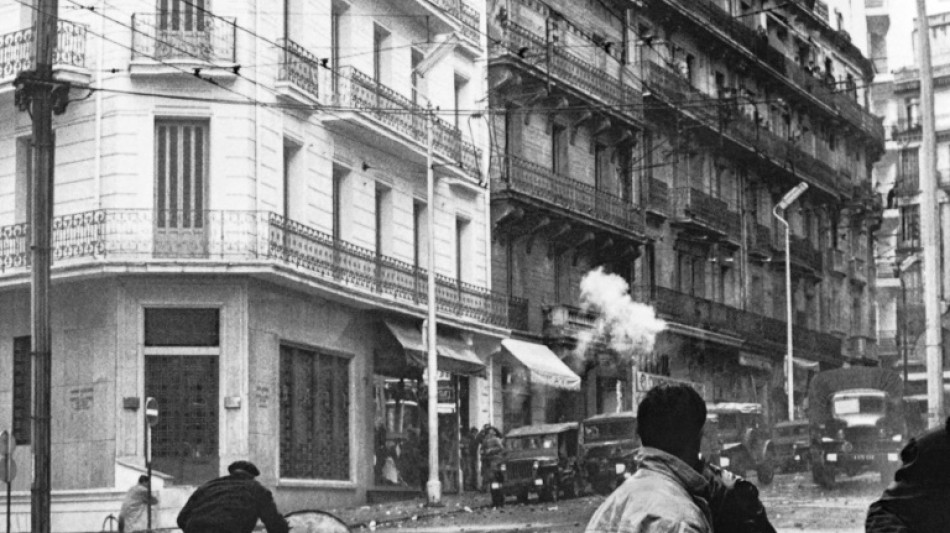
-
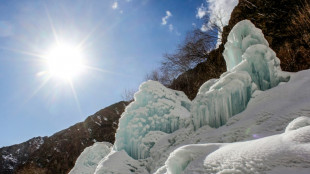 Artificial glaciers boost water supply in northern Pakistan
Artificial glaciers boost water supply in northern Pakistan
-
Brooksby upsets Paul to reach Houston final

-
 Thomas, Bednarek hit jackpot at Grand Slam Track meet
Thomas, Bednarek hit jackpot at Grand Slam Track meet
-
Rodman on target as USA beat Brazil in Olympic rematch

-
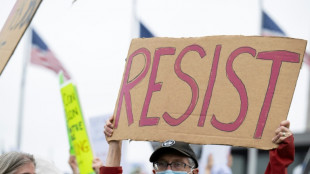 'Hands Off!' Anti-Trump Americans flood Washington
'Hands Off!' Anti-Trump Americans flood Washington
-
Harman leads by three at Texas Open

-
 Barcelona draw to increase Liga lead after Real Madrid stumble
Barcelona draw to increase Liga lead after Real Madrid stumble
-
Ecuador mounts anti-drug op overseen by Blackwater founder
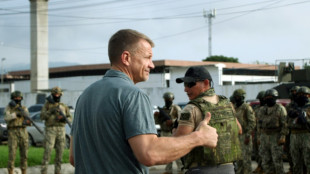
-
 Pegula rallies to reach Charleston final
Pegula rallies to reach Charleston final
-
Nick Rockett flies to victory in magical Mullins Grand National

-
 Ovechkin on the brink of the 'impossible'
Ovechkin on the brink of the 'impossible'
-
Anthony, Bird to enter basketball Hall of Fame

-
 'Phenomenal' Munster edge O'Gara's La Rochelle to reach Champions Cup quarters
'Phenomenal' Munster edge O'Gara's La Rochelle to reach Champions Cup quarters
-
Munster edge O'Gara's La Rochelle to reach Champions Cup quarters

-
 Rahul, Jaiswal fire as Delhi and Rajasthan register big IPL wins
Rahul, Jaiswal fire as Delhi and Rajasthan register big IPL wins
-
Aston Villa beat Forest for seventh straight win ahead of PSG trip

-
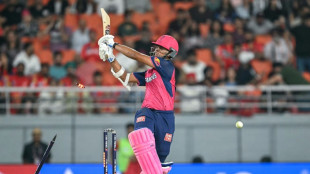 Jaiswal, Archer help Rajasthan thrash Punjab in IPL
Jaiswal, Archer help Rajasthan thrash Punjab in IPL
-
Inter's title charge stalls after throwing away points at Parma

-
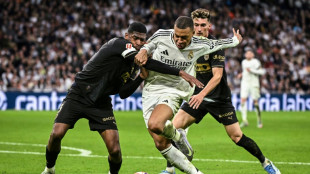 Real Madrid stumble at home to Valencia in Liga
Real Madrid stumble at home to Valencia in Liga
-
Leading garment producer Bangladesh holds crisis talks on US tariffs
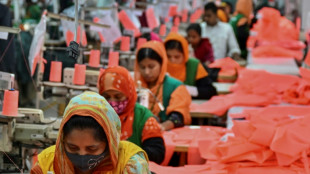
-
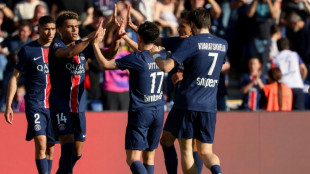 PSG win 13th French title ahead of Aston Villa Champions League clash
PSG win 13th French title ahead of Aston Villa Champions League clash
-
Nick Rockett storms to victory in the 'Mullins' Grand National
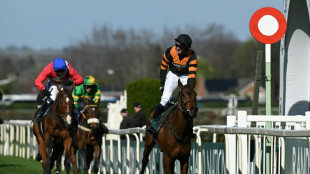
-
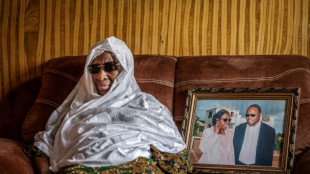 Despair and sadness follow death of Malian musical great Amadou
Despair and sadness follow death of Malian musical great Amadou
-
Arsenal held by Everton, Wolves push Ipswich closer to relegation
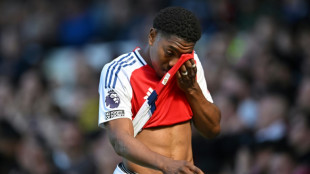
-
 Lions contender Prendergast fires Leinster to Champions Cup quarters
Lions contender Prendergast fires Leinster to Champions Cup quarters
-
Nick Rockett wins the 'Mullins' Grand National for father and son
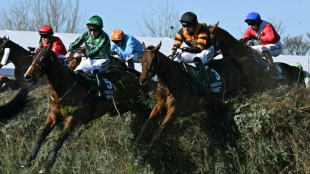
-
 Last-gasp Buendia goal keeps Leverkusen's Bundesliga title hopes alive
Last-gasp Buendia goal keeps Leverkusen's Bundesliga title hopes alive
-
Video shows last minutes before Gaza aid workers' deaths, Red Crescent says
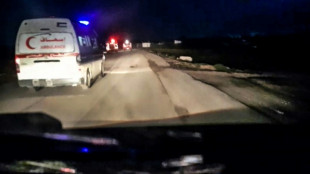
-
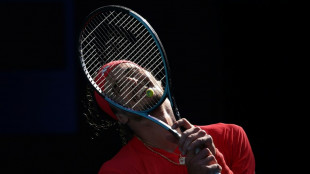 Zverev 'mentally' affected by Australian Open defeat
Zverev 'mentally' affected by Australian Open defeat
-
Rahul guides Delhi to third straight IPL victory
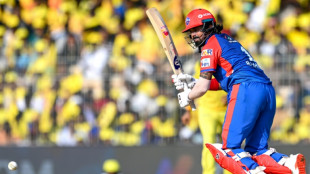
-
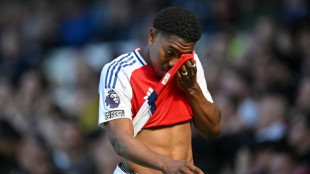 Arsenal draw at Everton to edge Liverpool closer to Premier League title
Arsenal draw at Everton to edge Liverpool closer to Premier League title
-
Senate Republicans move forward with Trump tax cuts
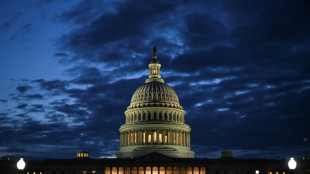
-
 Sinner regrets 'unfair' doping ban as he prepares return to courts
Sinner regrets 'unfair' doping ban as he prepares return to courts
-
Isa hat-trick powers Toulon into Champions Cup quarters in Saracens thriller

-
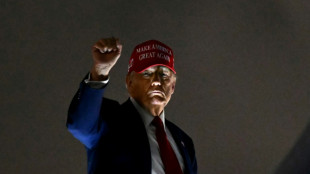 'Hang tough, it won't be easy': Trump defiant on tariffs
'Hang tough, it won't be easy': Trump defiant on tariffs
-
Zelensky slams 'weak' US reply to Russian strike on his hometown
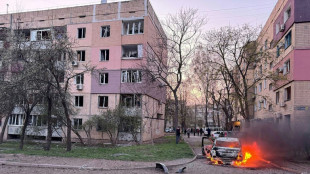
-
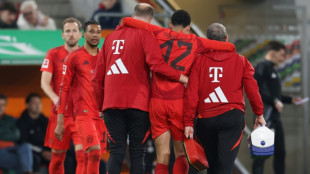 Musiala hamstring tear compounds Bayern's injury crisis
Musiala hamstring tear compounds Bayern's injury crisis
-
Selfies, goals and cheers at South Africa's grannies World Cup
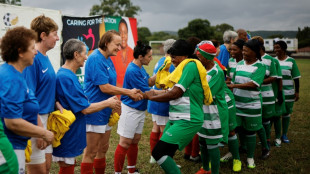
-
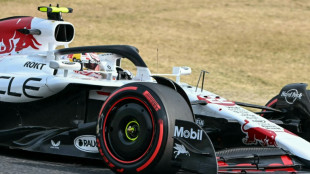 Tsunoda frustrated with 15th in Red Bull qualifying debut
Tsunoda frustrated with 15th in Red Bull qualifying debut
-
Rain forecast adds new element to combustible Japanese GP
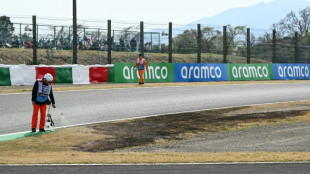
-
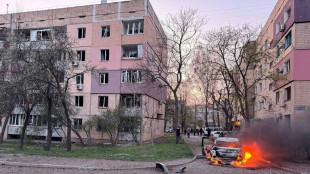 Ukraine mourns 18 killed in Russian missile strike
Ukraine mourns 18 killed in Russian missile strike
-
Germany's Mueller to leave Bayern Munich after 25 years
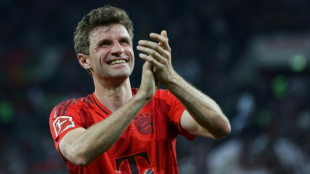
-
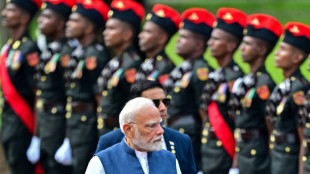 India's Modi clinches defence, energy deals in Sri Lanka
India's Modi clinches defence, energy deals in Sri Lanka
-
Verstappen snatches 'special' pole for Japan GP with lap record
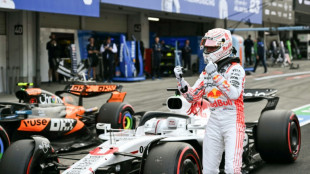
-
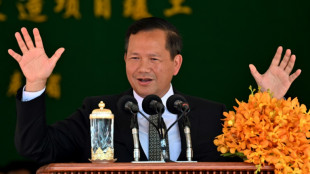 Cambodia hails opening of naval base renovated by China
Cambodia hails opening of naval base renovated by China
-
Verstappen snatches 'insane' pole for Japan GP in track record
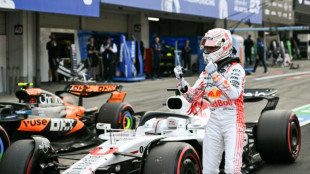
-
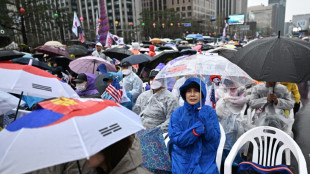 Thousands rally for South Korea's impeached ex-president Yoon
Thousands rally for South Korea's impeached ex-president Yoon
-
New Zealand hammer Pakistan by 43 runs to sweep ODI series 3-0
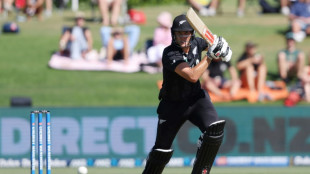
-
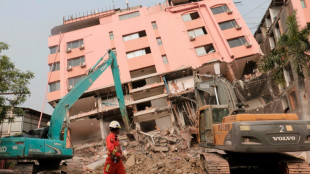 Myanmar quake death toll passes 3,300: state media
Myanmar quake death toll passes 3,300: state media
-
India's Modi in Sri Lanka for defence and energy deals
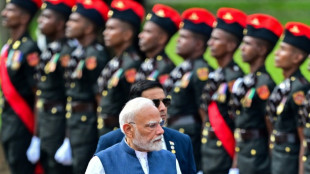
| RBGPF | 100% | 69.02 | $ | |
| BCC | 0.85% | 95.44 | $ | |
| SCS | -0.56% | 10.68 | $ | |
| NGG | -5.25% | 65.93 | $ | |
| CMSC | 0.13% | 22.29 | $ | |
| GSK | -6.79% | 36.53 | $ | |
| RIO | -6.88% | 54.67 | $ | |
| BTI | -5.17% | 39.86 | $ | |
| RELX | -6.81% | 48.16 | $ | |
| RYCEF | -18.79% | 8.25 | $ | |
| JRI | -7.19% | 11.96 | $ | |
| CMSD | 0.7% | 22.83 | $ | |
| BCE | 0.22% | 22.71 | $ | |
| AZN | -7.98% | 68.46 | $ | |
| VOD | -10.24% | 8.5 | $ | |
| BP | -10.43% | 28.38 | $ |

Algeria's 60 years of complex relations with former occupier France
In the 60 years since Algeria won independence from France, it has gone through multiple crises with its former occupier, often fuelled by domestic politics.
Yet the two sides had surprisingly good relations for the first four decades, and it was only in the 1990s that things started to fall apart, experts say.
"Generally, despite appearances and criticism, there has been a stable, very balanced relationship," said Luis Martinez, a Maghreb researcher at Sciences Po university in Paris.
That is despite the devastation caused by the eight-year war of independence that finally led to the signing of the Evian accords on March 18, 1962, ending the conflict.
French historians say half a million civilians and combatants died -- 400,000 of them Algerian -- while the Algerian authorities insist 1.5 million were killed.
Under French General Charles de Gaulle, whose administration signed the accords, and his successor Georges Pompidou, Paris had good relations with Algiers.
The same was true of the administration of Francois Mitterrand, even though he had been interior minister when Algeria's armed independence struggle began in 1954 and remained opposed to the country's independence.
"Mitterrand was surrounded by Socialist Party people, who were all pro-FLN," said historian Pierre Vermeren, referring to the National Liberation Front, which led the revolt and has dominated Algerian politics ever since.
"(Mitterrand) was able to take a back seat" and let others deal with Algeria, said Vermeren, a professor at the Sorbonne University.
France was allowed to continue its nuclear tests in the Algerian Sahara until 1967, and de Gaulle managed to negotiate a secret deal with the new Algerian state to allow for chemical weapons tests until 1978.
But in 1992, Paris raised hackles by criticising Algiers for suspending elections, in which Islamist parties had won the first round.
Algeria withdrew its ambassador in response.
The polls' cancellation sparked another decade of devastating conflict in the North African country, until Abdelaziz Bouteflika, who rose to the presidency in 1999, offered an amnesty that paved the way for peace.
Despite being close to France, Bouteflika made use of anti-French discourse, primarily for domestic consumption, Vermeren said.
"To win back control of the ideological and political sphere after the civil war, (the Algerian leadership) 'forgot' that France had helped them fight the Islamists," he said.
"They went back to their traditional enemy."
- 'Good ties in secret' -
Under Bouteflika, Algerian leaders used ever-stronger language, accusing France of "genocide" during its more than 130-year occupation of Algeria.
Then, in 2019, a vast protest movement toppled the autocratic leader after two decades in power -- but the new regime has kept up the anti-French discourse.
Observers say however that cooperation behind closed doors has been surprisingly close.
In 2013, Algeria allowed French forces to use its airspace to reach Mali, where they were battling jihadists.
"French-Algerian relations are good when they're in secret. They're more hostile when they're in public," said Naoufel Brahimi El Mili, who has written a book on 60 years of "secret stories" between the two countries.
When Emmanuel Macron became president, he had good relations with Algeria.
Visiting Algiers during his campaign in February 2017, he described colonisation as a "crime against humanity".
After his election, he made gestures aimed at healing past wounds on both sides of the Mediterranean.
But he refused to apologise for colonialism, a highly sensitive topic in France, which for decades saw Algeria as an integral part of French territory and where far-right discourse has been escalating.
Comments reported last October dampened hopes around reconciliation.
Macron accused Algeria's "political-military system" of rewriting history and fomenting "hatred towards France".
In remarks to descendants of independence fighters, reported by Le Monde, he also questioned whether Algeria had existed as a nation before the French invasion in the 1800s.
Once again, Algeria withdrew its ambassador.
- 'Algeria votes Macron' -
Now, weeks ahead of the French presidential election in April, relations appear to be looking up again.
Millions of French citizens of Algerian origin and descendants of Europeans who left after independence are among those casting votes.
"Algeria will vote for Macron," said author El Mili. "Algerians are convinced that a Macron II will be bolder."
Xavier Driencourt, a former French ambassador to Algeria, shared that view.
"They don't want (candidate) Valerie Pecresse who has a fairly right-wing tone, and definitely not (Eric) Zemmour or Marine Le Pen," he said, referring to conservative Pecresse and two far-right presidential hopefuls.
But much remains to be done. In recent years Algeria has diversified its international ties, with China becoming its main trade partner.
Martinez from Sciences Po said Macron's comments had done a lot of damage.
"They'll go back to the drawing board, and try to see what they can agree on," he said.
Former envoy Driencourt said "it takes two sides to have a relationship".
Would Algeria be interested after the election?
"I'm not very optimistic," he said.
L.Durand--AMWN